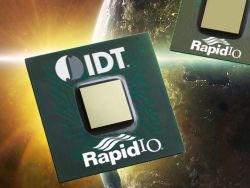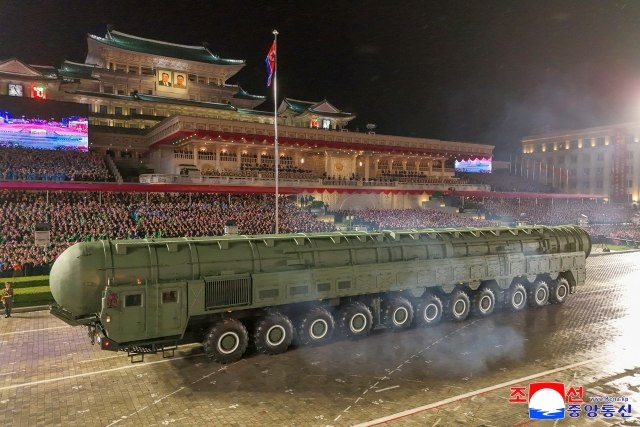BAE Systems, IDT Develop Radiation-Hardened Big Data Microprocessors

BAE Systems has developed a new microchip technology for space applications that will allow greater volumes of data to be transferred at speeds higher than ever before possible during space missions.
The new space-grade microchip, known as the RADNET1848-PS space-grade RapidIO switch, will use IDT’s RapidIO interconnect technology to speed massive amounts of data through a network of radiation-hardened computer systems in outer space, a BAE Systems release said today.
Space missions involving Big Data collection, processing and analysis require a great deal of computing power where numerous data processors must be connected together so they can pass and share information.
Using IDT’s technology, the new RapidIO switches provide ultra-low-latency between processors, meaning very little lag time and heightened efficiency. The switches also scale easily to add additional connections as needed.
To withstand the extremely harsh operating conditions of space, the RapidIO technology underwent the process of radiation hardening, in which electronic components and systems are rendered resistant to damage or malfunctions caused by radiation encountered in outer space.
Space missions will now be able to quickly conduct more on-board processing of data from multiple types of sensor systems.
“With more complex sensors being introduced into space missions, BAE Systems recognized the need to develop microchips that can handle the related increase in larger-volume data transfer, and with IDT’s technology, we have accomplished that goal,” said Ian McDonald, director of Space Products and Processing at BAE Systems.









